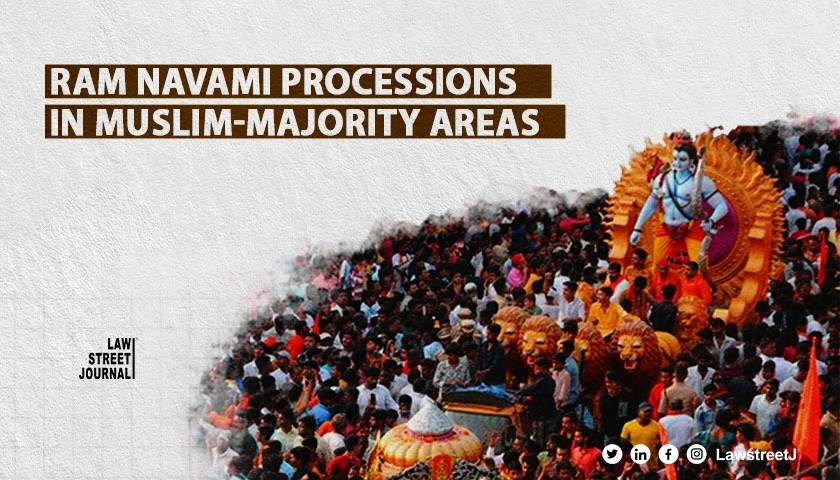The Supreme Court on October 3, 2019, in the case of Ravishankar @ Baba Vishwakarma v. State of Madhya Pradesh, has applied the ‘residual doubt theory’ and commuted the death penalty awarded to a person for rape and murder of a 13-year-old girl.
This theory creates a higher standard of proof over and above the `beyond reasonable doubt’ standard used at the stage of conviction, as a safeguard against routine capital sentencing, keeping in mind the irreversibility of death.
The Bench of Justices Rohinton Fali Nariman, R. Subhash Reddy and Surya Kant was hearing an appeal filed by the appellant against the judgment passed by the Madhya Pradesh High Court wherein the death reference made by the IIIrd Additional Sessions Judge, Gadarwara, District Narsinghpur (M.P.) was confirmed and the appellant’s criminal appeal got dismissed.
Background
In this case, the appellant was accused of kidnapping a 13-year-old girl, committing rape on her, killing her by throttling and thereafter destroying the evidence by throwing her half-naked body in a dry well. Accordingly, charges were framed against him under Sections 363, 366, 376(2)(i), 376(2)(n), 376(2) (j), 376(2)(m), 376-A, 302 and 201 of the Indian Penal Code, 1860, and under the corresponding provisions of the Protection of Children from Sexual Offences (POCSO) Act, 2012.
Holding that the crimes committed by the appellant were 'rarest of the rare', the Trial Court sentenced him to death under Section 376-A, and made a reference to the Madhya Pradesh High Court for confirmation of the same under Section 366 of the Code of Criminal Procedure, 1973. The appellant had also filed a criminal appeal against the order of conviction. The High Court, through a common order, dismissed the appeal and confirmed the Trial Court's death reference.
As per the High Court, mitigating factors like lack of criminal antecedents and large number of dependants of the appellant were outweighed by his mature age, heinousness of offence, adverse reaction of society, pre-planned manner of crime, injuries on body of deceased and lack of regret during trial.
Findings
In appeal, the Supreme Court noted that the case against the appellant had been proved beyond reasonable doubt on the basis of circumstantial evidence, supported by occular and medico-scientific evidence.
Clarifying that capital punishment could be awarded even in cases of circumstantial evidence, the court said, "it would be totally imprudent to lay down an absolute principle of law that no death sentence can be awarded in a case where conviction is based on circumstantial evidence. Such a standard would be ripe for abuse by seasoned criminals who always make sure to destroy direct evidence. Further in many cases of rape and murder of children, the victims owing to their tender age can put up no resistence. In such cases it is extremely likely that there would be no ocular evidence."
In regard to the nature of punishment to be awarded to the appellant, the court traced the evolution of the rarest of rare doctrine from the decision of the Constitution Bench of the Supreme Court in Bachan Singh v. State of Punjab, (1980) 2 SCC 684, through Machhi Singh and others v. State of Punjab, (1983) 3 SCC 470, up until Swamy Shraddananda @ Murali Manohar Mishra v. State of Karnataka, (2008) 13 SCC 767, observing that the courts had steadily restricted the circumstances for award of death penalty and had increased the burden of showing special reasons before mandating death penalty, in consonance with Section 354(3) of CrPC.
Rather, the conflicting views on reformation of the convict and creating deterrence in the society had led the three judge bench in Swamy Shraddananda @ Murali Manohar Mishra v. State of Karnataka, to evolve a hybrid special category of sentence; commute death sentence and substitute it with life imprisonment with the direction that the convict would not be released from prison for the rest of his life.
This special sentencing theory was later approved by a Constitution bench in Union of India v. Sriharan alias Murugan & Ors., (2016) 7 SCC 1.
Such imposition of a higher standard of proof for purposes of death sentencing over and above ‘beyond reasonable doubt’ necessary for criminal conviction is similar to the “residual doubt” metric adopted by this Court in Ashok Debbarma v. State of Tripura, (2014) 4 SCC 747. “This case drew a distinction between a ‘residual doubt’, which is any remaining or lingering doubt about the defendant’s guilt which might remain at the sentencing stage despite satisfaction of the ‘beyond a reasonable doubt’ standard during conviction. These ‘residual doubts’ although not relevant for conviction, would tilt towards mitigating circumstance to be taken note of whilst considering whether the case falls under the ‘rarest of rare’ category,” the court said.
Following this tilt towards mitigating circumstances, the Supreme Court noted certain shortcomings in the prosecution's case which were otherwise, insufficient to create reasonable doubt to earn acquittal.
The court observed that the crucial witness for constructing the last seen theory relied upon by the prosecution was partly inconsistent in cross-examination. There were also certain minor discrepancies in the medical reports and in the facts of the case, the possibility of involvement of more than one person could also not be ruled out.
With this observation, the court said, "We are cognizant of the fact that use of such 'residual doubt' as a mitigating factor would effectively raise the standard of proof for imposing the death sentence, the benefit of which would be availed of not by the innocent only. However, it would be a misconception to make a cost-benefit comparison between cost to society owing to acquittal of one guilty versus loss of life of a perceived innocent."
In view thereof, the court commuted the capital sentence and substituted it with imprisonment for life with a direction that no remission shall be granted to the appellant and that he shall remain in prison for the rest of his life.
The court lastly said, "death being irrevocable, there lies a greater degree of responsibility on the Court for an indepth scrutiny of the entire material on record. Still further, qualitatively, the penalty imposed by awarding death is much different than in incarceration, both for the convict and for the state. Hence, a corresponding distinction in requisite standards of proof by taking note of 'residual doubt' during sentencing would not be unwarranted.”
![Residual Doubt Theory: Supreme Court Commutes Death Penalty Awarded For Rape-Murder Of Minor [Read Judgment]](/secure/uploads/2019/10/lj_5721_Supreme_Court_Commutes_Death_Penalty_Awarded.jpg)

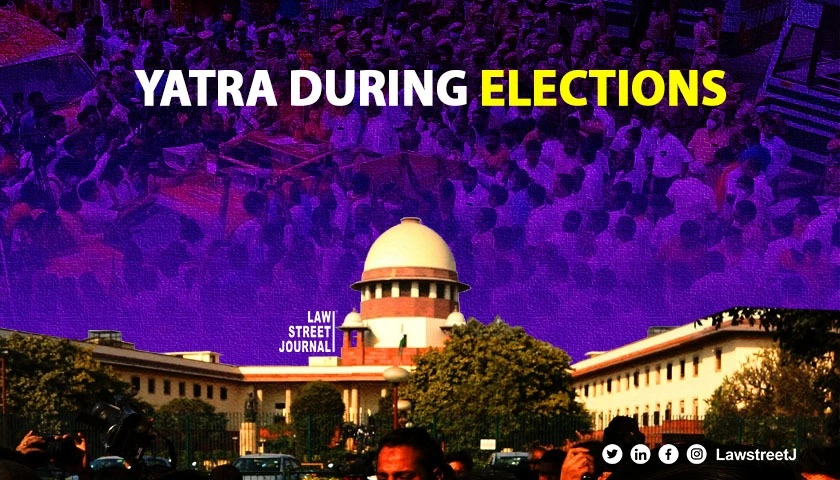
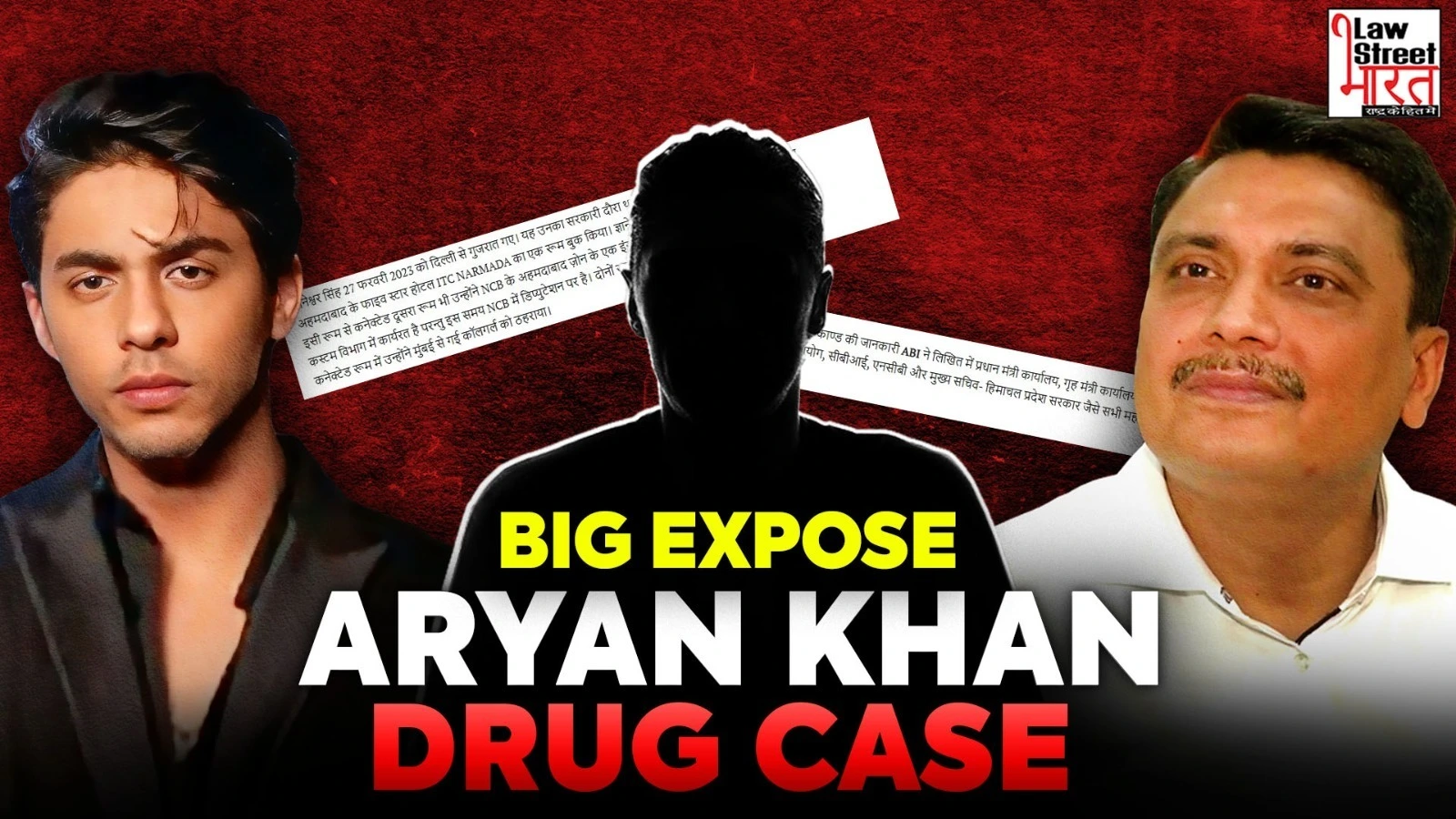
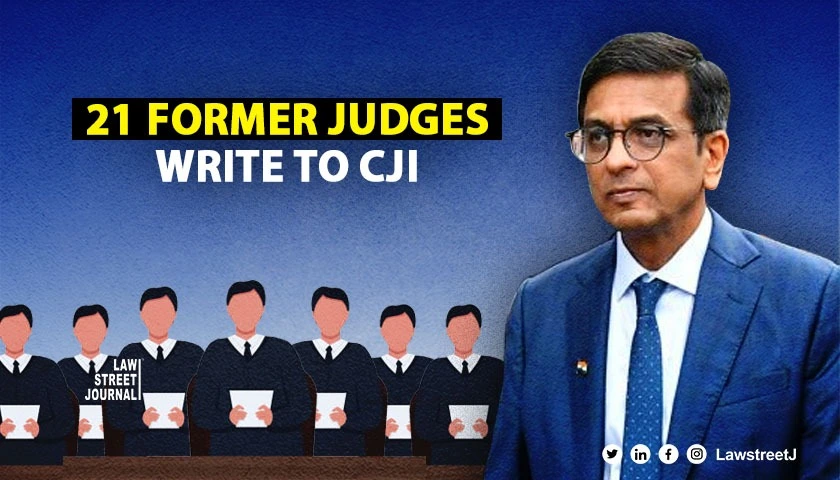
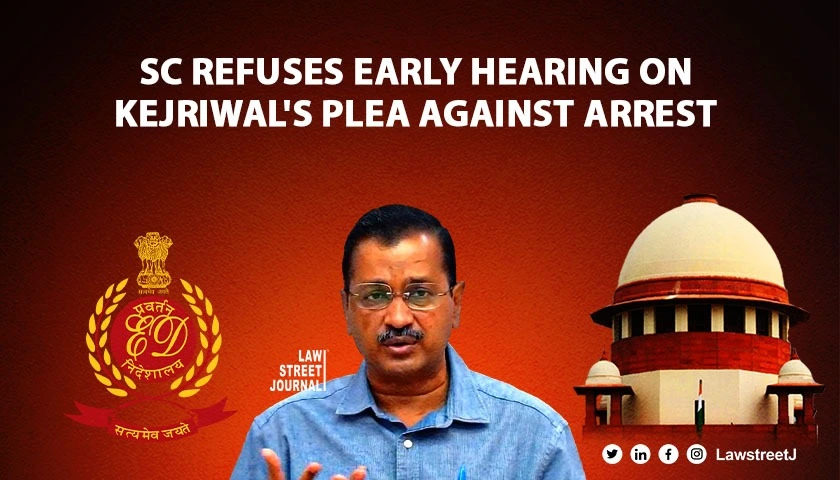
.webp)
